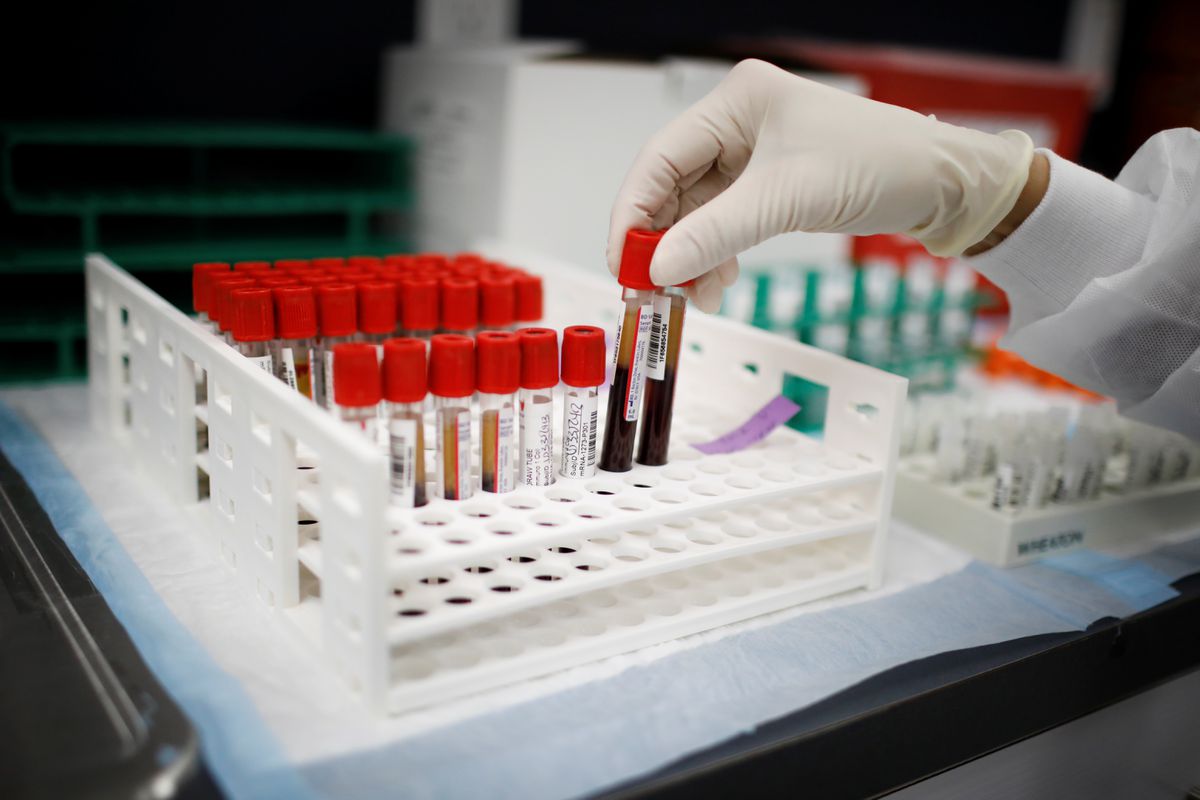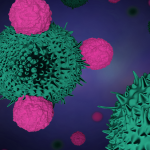Livmarli is the first drug to be approved by the US FDA for the treatment of cholestatic pruritus in young patients with the super rare Alagille syndrome (ALGS). Developed by California based Mirum Pharmaceuticals, Maralixibat is an IBAT inhibitor that reduces the absorption of circulating bile acid levels. Its mechanism of action would ultimately lower the symptoms of ALGS, including severe and unrelenting itch. Livmarli’s approval improves the scope of treatment and outcomes in pre-transplant pediatric patients. Rare disease conditions like Alagille syndrome have always been a challenge because of fewer or limited treatment options.
What is cholestatic pruritus and how does it affect ALGS patients?
Pruritus or itch due to cholestasis is caused by the reduction of bile flow. Bile acids are absorbed in the small intestines. An increased absorption can be due to an impaired secretion by hepatocytes. In simpler terms, a reduced flow of bile – a digestive fluid causes cholestasis. This can lead to liver infection and even cancer. Itch or pruritus is one of the key manifestations or symptoms of it apart from dark urine and discolored bowel movements. In ALGS patients, treating pruritus with antihistamines has been one of the few options. However, the desired outcomes to the extent of reducing itch could not be achieved with antihistamines. Ten to fifty percent of ALGS patients may progress into liver cirrhosis or failure. They are also candidates or indicated for Liver Transplantation. Pediatric Liver Transplantation is necessary for young patients with cholestatic pruritus. The availability of a novel medication like Maralixibat would certainly enhance the treatment possibilities and definitive outcomes in the management of pruritus and the eventual preparedness for the Liver Transplantation.
Management of Rare Liver Diseases – Mirum Pharma’s focus in drug development
The first FDA approval of its research drug provides an elevated platform for Mirum Pharmaceuticals in advancing its global research and manufacturing collaborations. Its exclusive licensing agreement with Takeda to develop and commercialize Maralixibat in Japan is a classic case in point. Livmarli’s ongoing clinical research in the management of Progressive Familial Intrahepatic Cholestasis (PFIC) and Biliary Atresia (BA) can further
expand its indications in the future. Volixibat is another drug by Mirum under development that can potentially treat Primary Sclerosing Cholangitis (PSC), Intrahepatic Cholestasis of Pregnancy (ICP) and Primary Biliary Cholangitis (PBC). The clinical research outcomes would determine their FDA and EMA approvals, followed by their commercial availability. Mirum’s gene therapy program in association with Vivet Therapeutics is also a futuristic
advancement. Overall, its exclusive focus in the segment of rare liver diseases will expand the company’s global landscape.
























